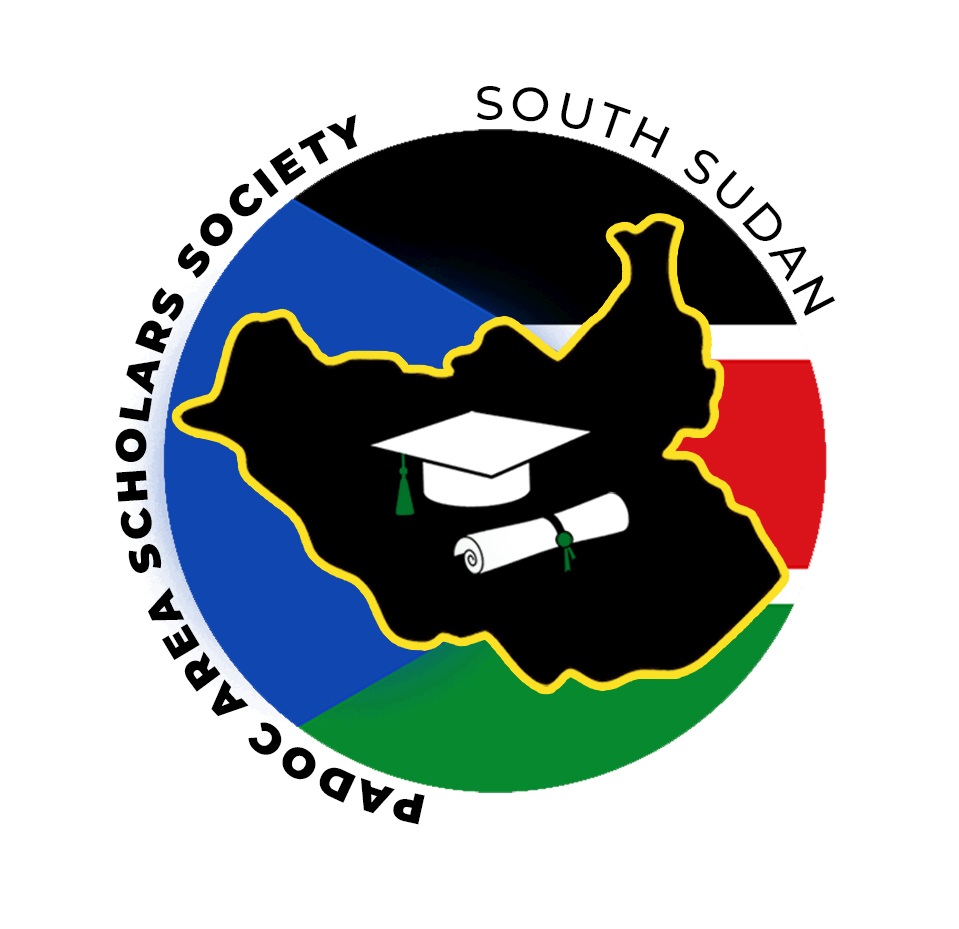The scholarship application for the 2024/25 school year is open until June 30, 2024. Students will be notified by July 15.
Applicants
BEFORE YOU APPLY - READ THIS:
Educational areas for the PASS Scholarship
PASS Scholarship academic areas include:
- Health and medical sciences
- Engineering and mathematics
- Urban/rural planning/development
- Demography/statistics
- Physical sciences i.e. Geology, Physics, Chemistry, etc.
- Vocational programs
- Education
- Social work
- Psychology
- Entrepreneurship/business
- Agriculture
- Technology
- Journalism
- Law
Can I get a scholarship for more than one year?
Scholarships will be automatically renewed each year for students who earn at least a 2.8 GPA, or at least a 75% in their previous year of college or technical school.
Expenses covered by the PASS Scholarship
PASS scholarships cover:
- tuition
- fees
- books
- associated costs for a senior research project
Additional support is available for students who demonstrate financial need:
- transportation to & from school
- room & board
- food support
PASS does not pay for medical or other personal expenses.
What are the qualified universities and colleges?
- University of Juba
- University of Bahr el Ghazal
- University of Upper Nile
- University of Rumbek
- John Garang University of Science and Technology
- All Catholic institutions of higher learning
- Don Bosco Vocational Training School in Juba
Who qualifies for a PASS Scholarship?
The scholarship is for both entering and continuing students. Entering students have to provide high school test scores. Continuing students have to report their transcripts, which show an overall GPA of 2.8 (on 4.0 scale) or higher for continuing students (this must be maintained throughout the scholarship program).
PASS is need-and merit-based. This means that candidates who meet all academic requirements but are economically underprivileged to pay for their education will be prioritized. Since girls are generally underserved in South Sudan, they will also be given priority. Specific requirements for admission include:
- Evidence of admission/application to an undergraduate program at an accredited institution in South Sudan
- A score of 75% or higher on high school national exit examination (for entering students only)
- Certified high school certificate or report slip that must be obtained for a small fee from the Ministry of Education in Juba
- Evidence of family’s socioeconomic instability
- If you are currently in college then you must provide a photo of your most recent college transcript
Awards will be announced by Monday, July 15th

